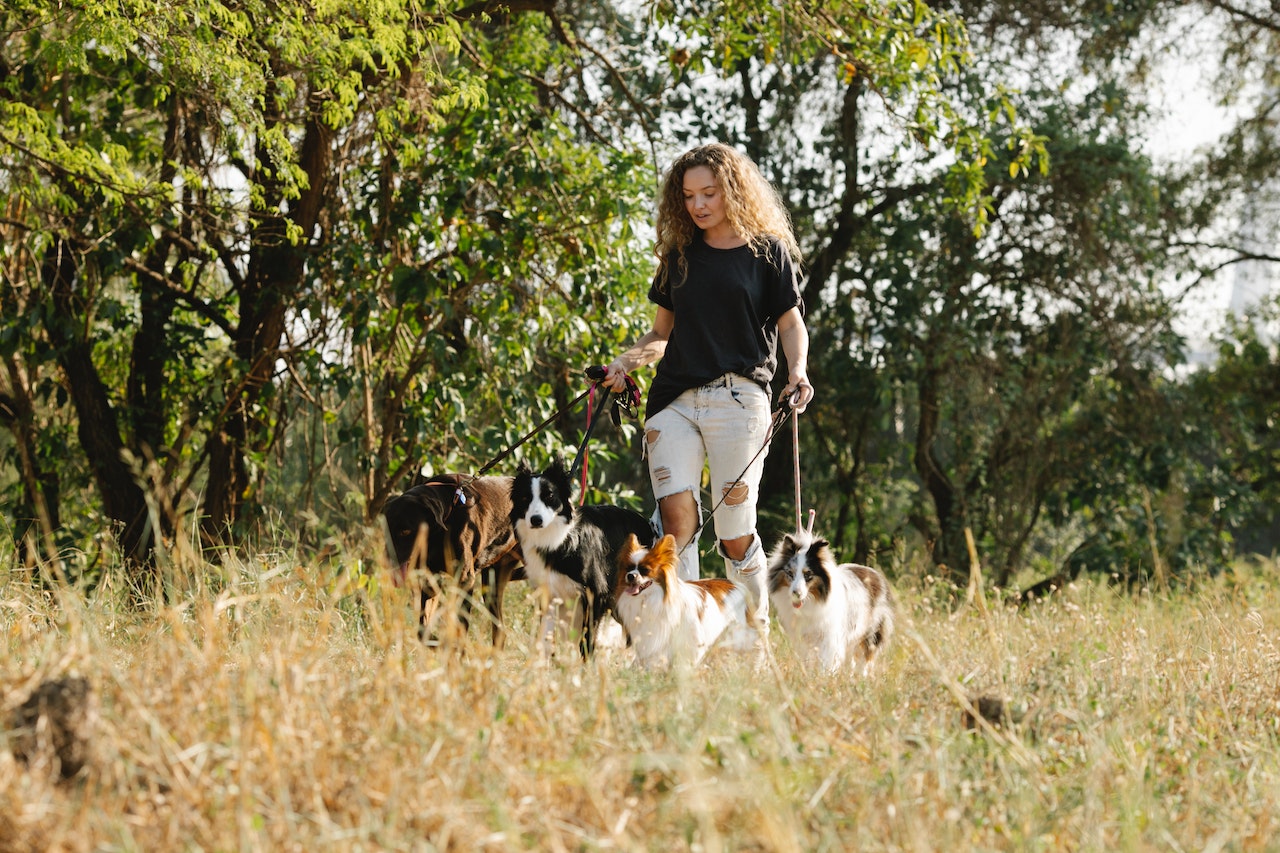How to Stop Territorial Aggression in Dogs
If you have a Labrador or any other dog displaying territorial aggression, it can be both frustrating and concerning. Understanding how to stop territorial aggression in dogs is crucial for their well-being as well as the safety of those around them. In this article, I’ll provide some effective strategies to help address this behavior and create a harmonious environment for both you and your furry friend.
Territorial aggression in dogs often stems from an instinctual need to protect their space. It can manifest through excessive barking, lunging, or even biting when someone enters their perceived territory. One of the first steps in addressing this issue is identifying the triggers that set off your Labrador’s territorial behavior.
Once you’ve identified the triggers, it’s important to establish yourself as the pack leader through consistent training and clear boundaries. Teaching your dog basic obedience commands like “sit,” “stay,” and “leave it” will help establish your authority and reinforce appropriate behaviors.
Additionally, desensitization exercises can be highly effective in reducing territorial aggression. Gradually exposing your Labrador to situations that trigger their aggressive response while rewarding calm behavior can help them associate positive experiences with those triggers.
Managing and Controlling the Environment
When it comes to addressing territorial aggression in dogs, managing and controlling their environment plays a crucial role in promoting peace and harmony. By creating a conducive setting for your furry friend, you can help alleviate their territorial tendencies and enhance their overall well-being. Here are some effective strategies to consider:
- Provide Adequate Exercise: Regular exercise is essential for all dogs, including Labradors, as it helps channel their energy in a positive way. Engaging your Labrador in physical activities like walks, runs, or playtime not only keeps them physically fit but also mentally stimulated. A tired dog is less likely to exhibit territorial behavior.
- Establish Clear Boundaries: Setting clear boundaries within your home is vital for managing territorial aggression. Designate specific areas where your dog is allowed and reinforce these boundaries consistently. Use baby gates or barriers if necessary to restrict access to certain rooms or spaces.
- Create Safe Spaces: Dogs often seek out secluded spots when feeling anxious or overwhelmed. Provide your Labrador with a comfortable crate or designated area that they can retreat to when they need some alone time. Make sure this space is quiet, cozy, and stocked with toys or treats to help them relax.
- Avoid Triggers: Identify situations or stimuli that trigger your dog’s territorial behavior and work towards minimizing exposure to them whenever possible. This could include avoiding interactions with unfamiliar dogs, limiting outside distractions near windows or fences, or modifying daily routines that may cause anxiety.
- Practice Desensitization: Gradual desensitization techniques can be beneficial in reducing territorial aggression over time. Expose your Labrador to controlled situations that trigger their territorial response at a distance they feel comfortable with and reward calm behavior using treats or praise.
- Positive Reinforcement Training: Reward-based training methods are highly effective in shaping desired behaviors while discouraging unwanted ones like territorial aggression. Consistently reinforce good behavior with verbal praise, treats, or toys to create positive associations and encourage a more balanced temperament.
Remember, managing territorial aggression in dogs requires patience, consistency, and understanding. If you’re facing challenges or your dog’s behavior worsens despite your efforts, consulting with a professional dog trainer or behaviorist is recommended. They can provide tailored guidance and support to address your Labrador’s specific needs.
